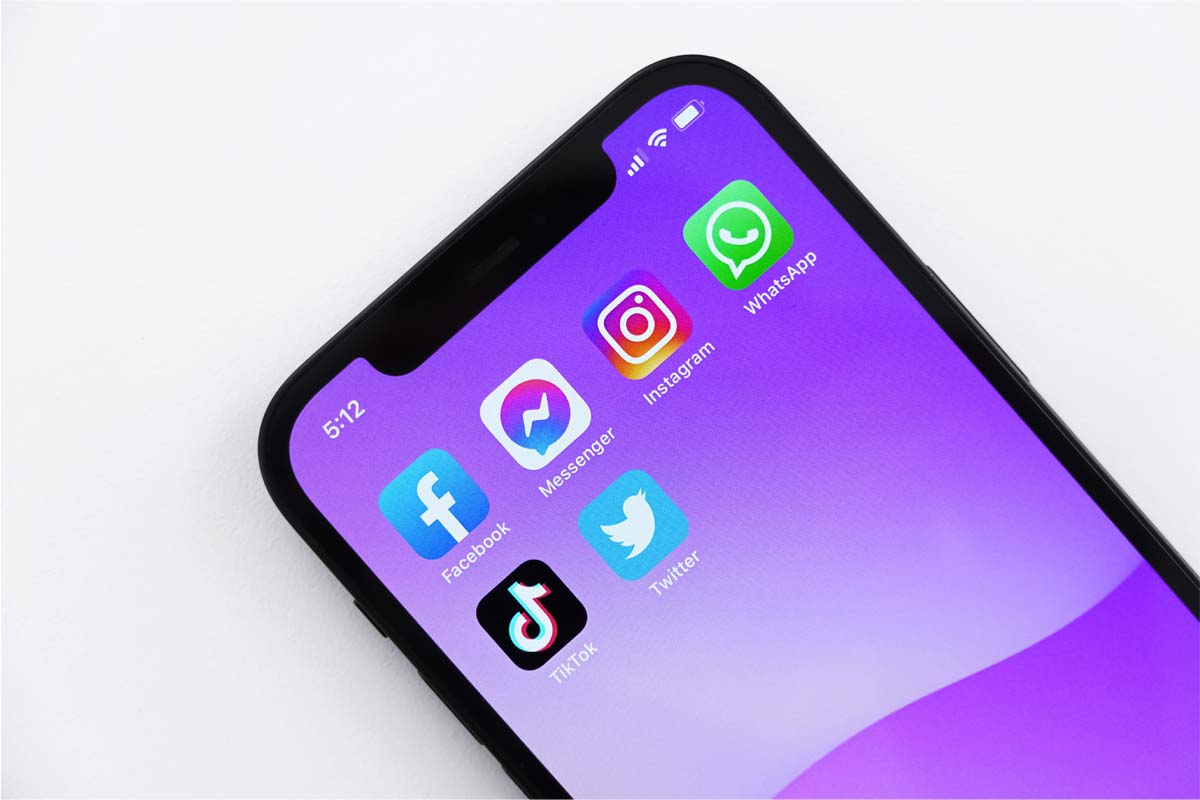#20 Social Media Fraud
Many of the most valuable ways to use your personal details are strictly financial, such as opening a bank account or line of credit on your behalf or requesting a new credit card. In the age of social media, however, there are many more opportunities for criminals to benefit by impersonating you, including by their using your social media accounts.
Forms of Social Media Fraud That You Can Fall Victim To:
- Impersonation – Influencers and celebrities are often impersonated because they want to take advantage of that celebrity’s fans or followers. But to have your reputation compromised on social media, you don’t have to be famous. Criminals will impersonate anyone if it means it will benefit them.
- Account takeover – The nightmare of many is to be locked out of their social media account with someone else taking over that account. This happens more often than one may think because many are not using strong passwords and two-factor authentication in order to make it more difficult for criminals to get away with this technique.
- Free apps – New social media apps are popping up on app stores left and right. While the stores do their best to ensure these apps are not nefarious, some slip by their reviewers, and when you download them, they are granted access to take your information or even to install malware on your devices. Pay attention to the number of times that the app has been downloaded and the app rating – those measures will indicate how well the app is performing and if users approve.
- Quizzes – We’ve all received the request from a friend on social media to take a quiz that tells you how high your IQ score is or if you can beat their score in a game. Unfortunately, users are finding out that these games are often linked to two things: dubious charges on your credit cards or malware that acts like you so that others trustingly click links that have malware embedded.
- Fake friends – Don’t fall victim to the ‘hot girl’ or celebrity friend requests. They are often linked to attempts to extract money from you.
- Chain letters – Have you ever seen the chain letters or pleads from sick children on social media that want 1,000,000 friends on social media before they die? Most of them are scams, be careful when tempted to click on these posts.
- Cash grabs – “I’m stuck in Germany and don’t have access to my bank accounts. Can you wire me $2k?” Whether from a friend you know or some a social media celebrity, these cash grabs are happening all the time because criminals have found them to be successful tactics.
- Phishing – Attempts to have a user click on a malware infested link are ever increasing and social media can make it easier for criminals to have success to your device and the confidential personal information on it. It’s easy for the criminal to create a link that appears to be a legitimate page but is actually a link to download malware.
Credit monitoring will not alert you to this type of fraud
LibertyID will take the following steps for/with their members:
- Contact the Social Media company where the account has been overtaken and have the account deleted or reinstated to the proper individual
- Have nefarious posts removed
- Make sure that passwords are reset
- Place fraud alerts at all three credit reporting agencies
- File report with FTC
- Review credit reports with the victim to ensure there are no other types of fraud
- Provide credit monitoring with alerts for 12 months
- Periodically contact the member throughout the 12 months following resolution of their ID theft recovery case if warranted

